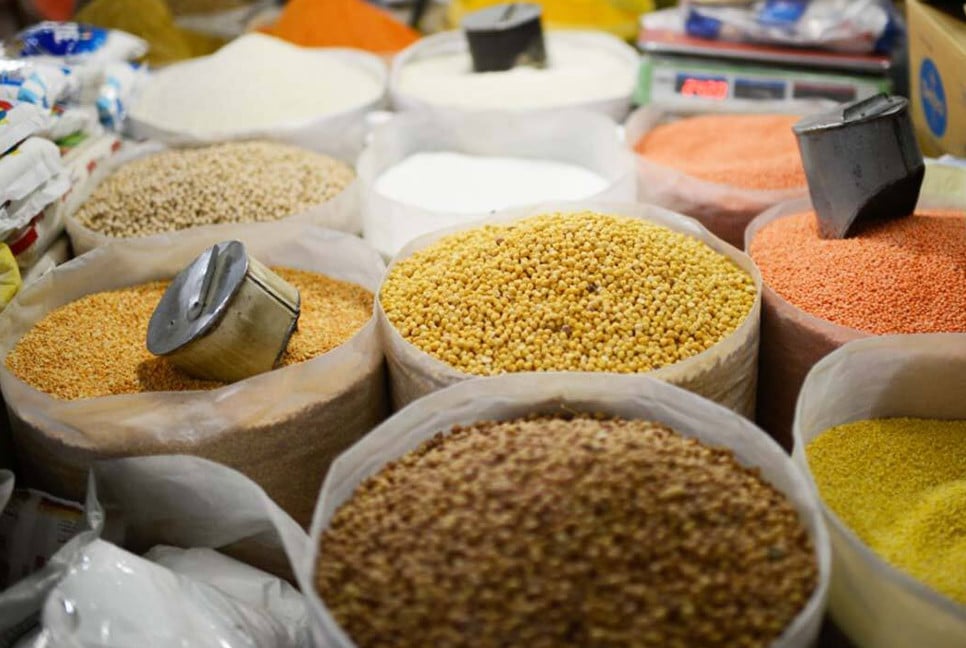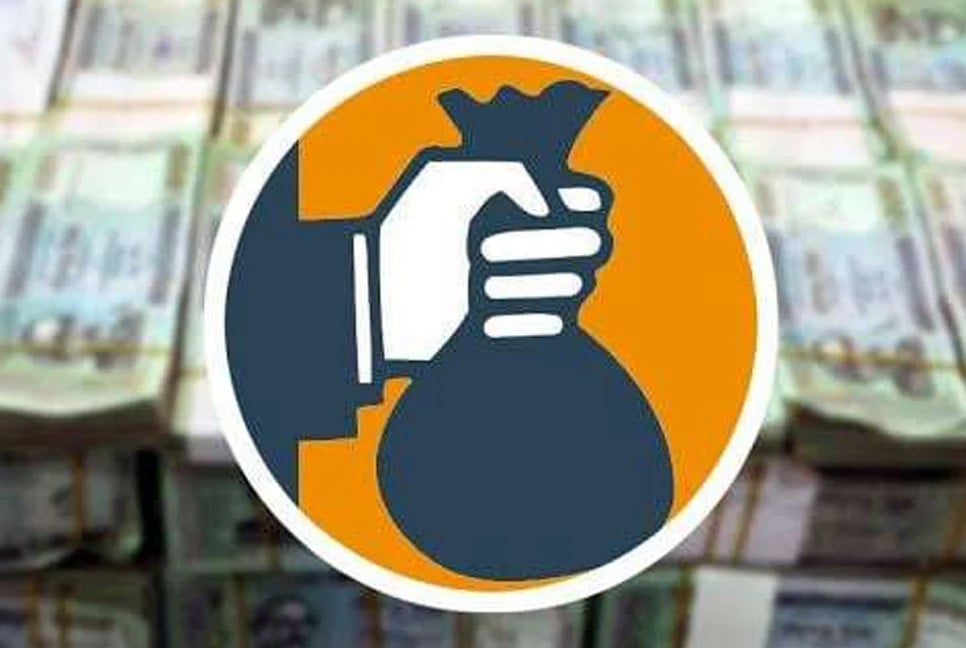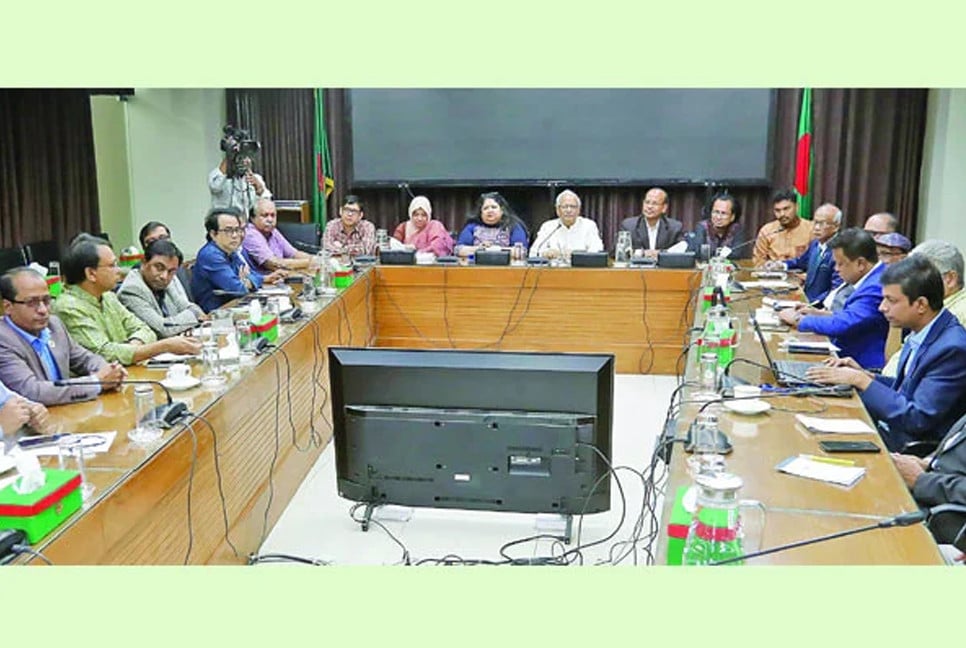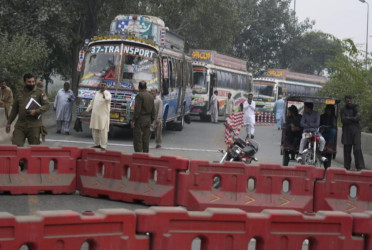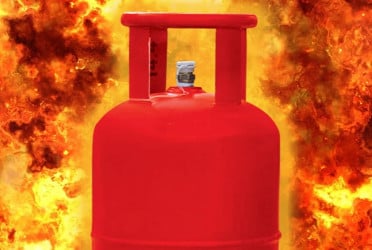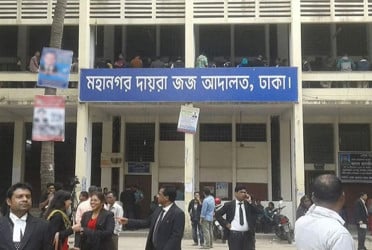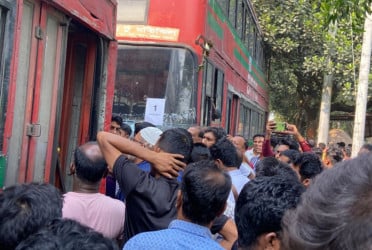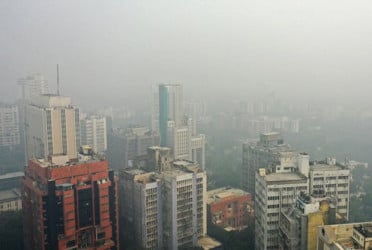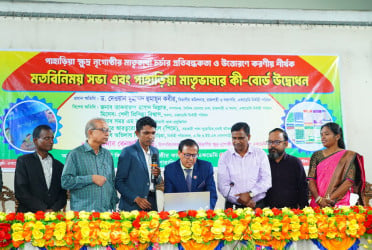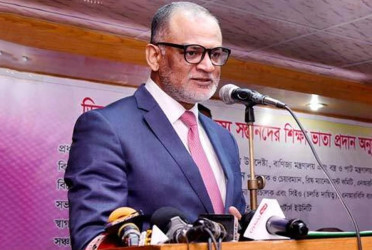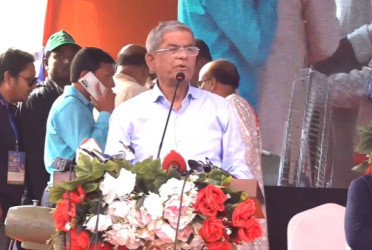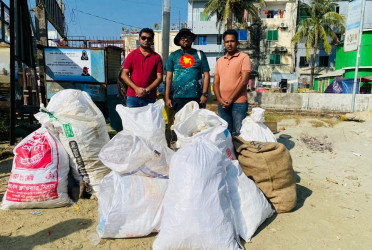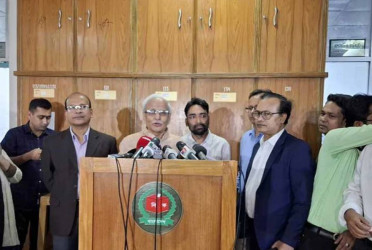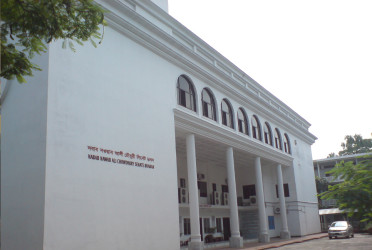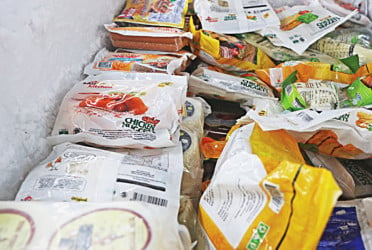Industry and trade experts fear that the country may face a significant crisis during the upcoming Ramadan. They point that political instability and complications leading to reduced imports have resulted in uncertainty in fulfilling the increased consumer demand. Analysts believe that in order to revive business and trade, it is crucial to implement realistic measures to encourage entrepreneurs and remove all sources of fear.
Abul Kasem Khan,former president of the Dhaka Chamber of Commerce and Industry (DCCI), stated, “Political changes have affected all businesses, creating unease among entrepreneurs. He urged the government to engage more with business leaders and promote regular discussions to create a business-friendly environment.”
Discussions with businesspeople indicated that the country’s business and trade have been sluggish for several years. The global economic decline, caused by the Russia-Ukraine war and the COVID-19 pandemic, has also affected Bangladesh. Import costs for goods like fuel, food, raw materials, and machinery have gone up. Additionally, the swift decline of the taka against the dollar, along with a shortage of dollars preventing many banks from issuing letters of credit (LC), has disrupted trade.
Due to rising government debt and widespread corruption in the banking sector, legitimate entrepreneurs have been unable to secure the loans they need. Even with substantial investments in setting up industries, production has been delayed due to the lack of gas connections and uncertainty over the supply of fuel and electricity. As a result, the production of food and other goods has not kept pace with the rising demand.
Entrepreneurs stated that despite the political change after Sheikh Hasina's downfall on August 5, a supportive environment for business and trade has not been created. Instead, continuous pressures on businesspeople and industrialists from various sources have led to a halt in new investments. High interest rates on bank loans, shortages of electricity and fuel, issues with law and order, and other factors have hindered production. As a result, businesspeople and industrialists have become fearful due to factory attacks, harassment lawsuits, bank account seizures, travel bans, and unfounded rumors.
Genuine entrepreneurs are facing challenges due to changes in bank loan regulations that fail to take the actual circumstances into account. Companies that have been in business for years without defaulting are now being classified as defaulters because of the new rules. If one company in an industrial group defaults, the entire group is denied new loan facilities, causing problems for many well-established businesses. When one company faces financial issues, the whole group's credit report is affected, and they are considered defaulters, leading to the suspension of banking services. This has created obstacles in opening letters of credit (LC) for importing goods.
On the other hand, reports indicate that businesses are facing various challenges when importing goods from overseas. Importers usually rely on Usance Payable at Sight (UPAS) LCs facility to bring in industrial raw materials and other products. This arrangement gives importers 270 days to pay for the imported goods. During this time, the importer processes the goods and sells them in the market. The earnings from these sales are then used to clear the supplier’s dues, and the remaining amount becomes the profit.
Importers explain that industries like steel, cement, and textiles, as well as raw materials for consumer goods such as edible oil, sugar, and flour are imported using UPAS LCs. These materials are then processed in factories to produce sellable products. By adding value in this way, the importer recovers the cost of the imports. This process usually takes at least 180 days, after which the payment to the supplier is made through the bank.However, due to the sharp rise in the exchange rate of the dollar over the past year, difficulties have emerged in settling the supplier's payments.
Businesspeople wish to pay according to the terms agreed upon when the UPAS LC was opened, but banks are calculating payments based on the current market value of the dollar.If importers are required to meet the banks' demands, they could face losses of up to 20%. In such a case, converting the UPAS LC into long-term loans could alleviate some of the difficulties for business owners. Otherwise, these LCs may go into default, which could significantly increase the total volume of non-performing loans in the banking sector.
Due to issues with previous UPAS LCs and losses from selling products imported through this process, many are unable to bring in new raw materials. As a result, there is uncertainty in the market about the availability of various products to meet demand during Ramadan. The Bangladesh Trade and Tariff Commission (BTTB) has also raised concerns about this situation.
A report from the Bangladesh Trade and Tariff Commission (BTTB) to the Ministry of Commerce reveals a decline in imports from July to October 2024 compared to the same period in 2023. The import of unrefined sugar has dropped by 367,591 tons, while the LC for palm oil has fallen by 77,930 tons, leading to a 174,386-ton decrease in palm oil imports. Additionally, soybean seed imports have decreased by almost 33,000 tons compared to 2023.
Moreover, imports of refined edible oil, sugar, and onions have decreased compared to last year. The number of LCs opened for these essential products, which are crucial for ensuring adequate market supply, has been much lower than necessary. As a result, without timely intervention, there could be a shortage of goods in the market during the upcoming Ramadan in March.
In light of the situation, the Tariff Commission has proposed seven measures to reduce bank loan interest rates on imports of essential goods. It has also recommended that the Ministry of Commerce ask the Ministry of Energy to ensure a steady supply of gas and electricity for the production of edible oil, sugar, and pulses.
Many entrepreneurs have invested heavily in setting up factories, including those for consumer goods, but are unable to begin production due to a lack of gas supply. For instance, a major industrial group has built a soybean oil mill with a daily capacity of 1,000 metric tons, yet it remains non-operational because of the gas shortage. Although Titas Gas Transmission and Distribution PLC has received the necessary payments, it has not yet provided the gas. As a result, the company’s significant investment is stuck, and the opportunity to increase the supply of edible oil in the market is being overlooked.
Many entrepreneurs took out bank loans for their new projects, they are unable to bring products to market on time. With no income from the factories, they still must pay back their loans. The cost of production has significantly increased due to the tripling of gas prices. Consequently, numerous factories in industries such as ready-made garments have had to close, and many entrepreneurs have fallen into default, despite not having intended to do so.
Businessmen inform that they are being restricted from all directions to sustain their businesses. For this, legitimate entrepreneurs are feeling increasingly frustrated. If the situation does not improve soon, it could have a serious negative impact on the economy. If entrepreneurs are unable to operate normally, millions could lose their jobs, and government revenue would also see a decline.
Professor Moinul Islam, former president of the Bangladesh Economic Association, commented on the situation, stated, "The economy will regain momentum if the government encourages investment, but this will take time. The previous government severely damaged the economy through corruption, with billions of dollars being siphoned off from the country. The consequences of these actions will continue to affect us for some time, and there is no simple solution."
Bd-pratidin English/ Afia

